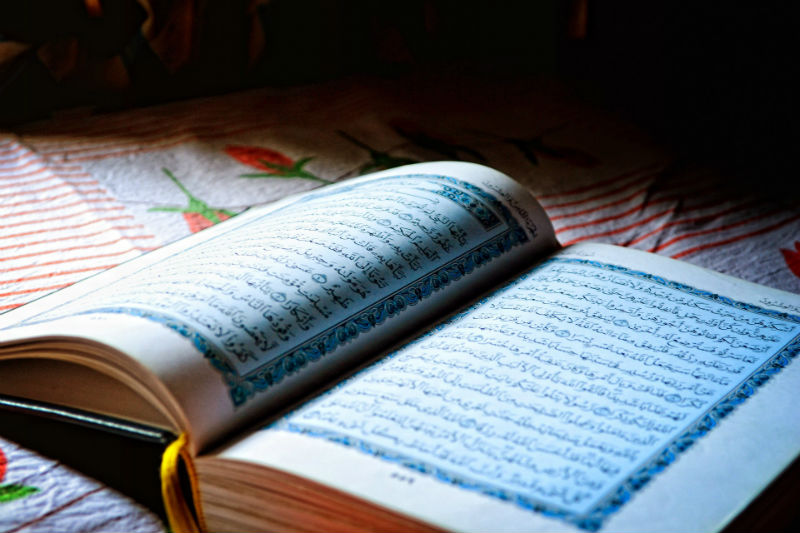Jewish Funerals (Shiva): Traditions and Etiquette
The Catholic Funeral Mass is a solemn and sacred rite that provides comfort, spiritual support, and the promise of eternal life to the deceased and their loved ones. Rooted in centuries of tradition, it reflects the core beliefs of the Catholic faith regarding life, death, and the hope of resurrection.

History of Jewish Funerals
Jewish funeral practices date back thousands of years and are based on the teachings of the Torah and Talmud. Early Jewish burials were simple and focused on the quick and respectful interment of the body, in accordance with the belief in the sanctity of the human body and the resurrection of the dead. Over time, these practices were formalised into the customs observed today, which emphasise respect, dignity, and community support.
Jewish Funeral Traditions
Jewish Funeral Service
The Jewish funeral service, or levaya, typically occurs within 24 hours of death, reflecting the tradition’s emphasis on quick burial. Key elements of the service include:
Preparation of the Body: The deceased is ritually washed (tahara) by the chevra kadisha (holy society), dressed in simple white shrouds (tachrichim), and placed in a plain wooden coffin.
The Funeral Service: Held at a funeral home, synagogue, or gravesite, the service includes:
Prayers and Psalms: Recitations such as Psalm 23 and other prayers that express faith and hope.
Eulogy (Hesped): A eulogy is delivered, highlighting the deceased’s life and virtues.
Kaddish: The Mourner’s Kaddish is recited by the family, affirming faith in God despite the loss.
Burial: The coffin is carried to the grave and lowered into it. Each mourner places a shovel of earth onto the coffin, signifying acceptance of the reality of death and participation in the mitzvah (good deed) of burial.
Shiva: The Mourning Period
Shiva, meaning “seven” in Hebrew, refers to the seven-day period of intense mourning following the burial. Key aspects of Shiva include:
Sitting Shiva: Mourners (immediate family) stay at home, sitting on low stools or the floor to symbolise their grief. They refrain from daily routines and focus on remembering the deceased.
Visitors and Comfort: Friends and community members visit the Shiva house to offer condolences and support. They bring food, as mourners do not cook or conduct business during this time.
Prayers: Daily prayer services are held at the Shiva house, including the recitation of the Kaddish.
Covering Mirrors: Mirrors in the home are covered to shift focus away from vanity and towards introspection and mourning.
Restrictions: Mourners avoid festive activities, shaving, and wearing new clothes during Shiva.
Planning a Jewish Funeral
Planning a Jewish funeral involves several steps:
Contacting the Synagogue and Funeral Home: Notify the rabbi and a Jewish funeral home to coordinate the arrangements.
Scheduling the Service: The funeral is typically held as soon as possible, within 24 hours if feasible.
Selecting Readings and Participants: The rabbi will help select appropriate prayers and psalms. Family members may participate in eulogies and readings.
Arranging Burial: Ensure that the burial plot is prepared, and the necessary arrangements with the cemetery are made.
What to Expect at a Jewish Funeral
Attending a Jewish funeral and Shiva involves observing certain customs and showing respect for the mourners and the deceased. Expect the following:
Respectful Attire: Dress modestly and in dark colours.
Rituals and Prayers: Be prepared to participate in prayers and to listen to the eulogy. Men may be asked to wear a kippah (head covering).
Condolences: Offer brief and sincere condolences. Traditional phrases include “May God comfort you among the mourners of Zion and Jerusalem.”
Visiting Shiva: When visiting a Shiva home, bring food or arrange for meals to be delivered. Engage in quiet conversation, and be sensitive to the mourners’ needs.
Understanding Jewish funeral traditions and Shiva helps participants support the grieving family in meaningful ways and honours the deceased with respect and dignity. These practices provide a structured framework for mourning, rooted in community and faith.
Contact Us for quality Funeral live streaming
email@livefilming.co.uk
Call
07512137261